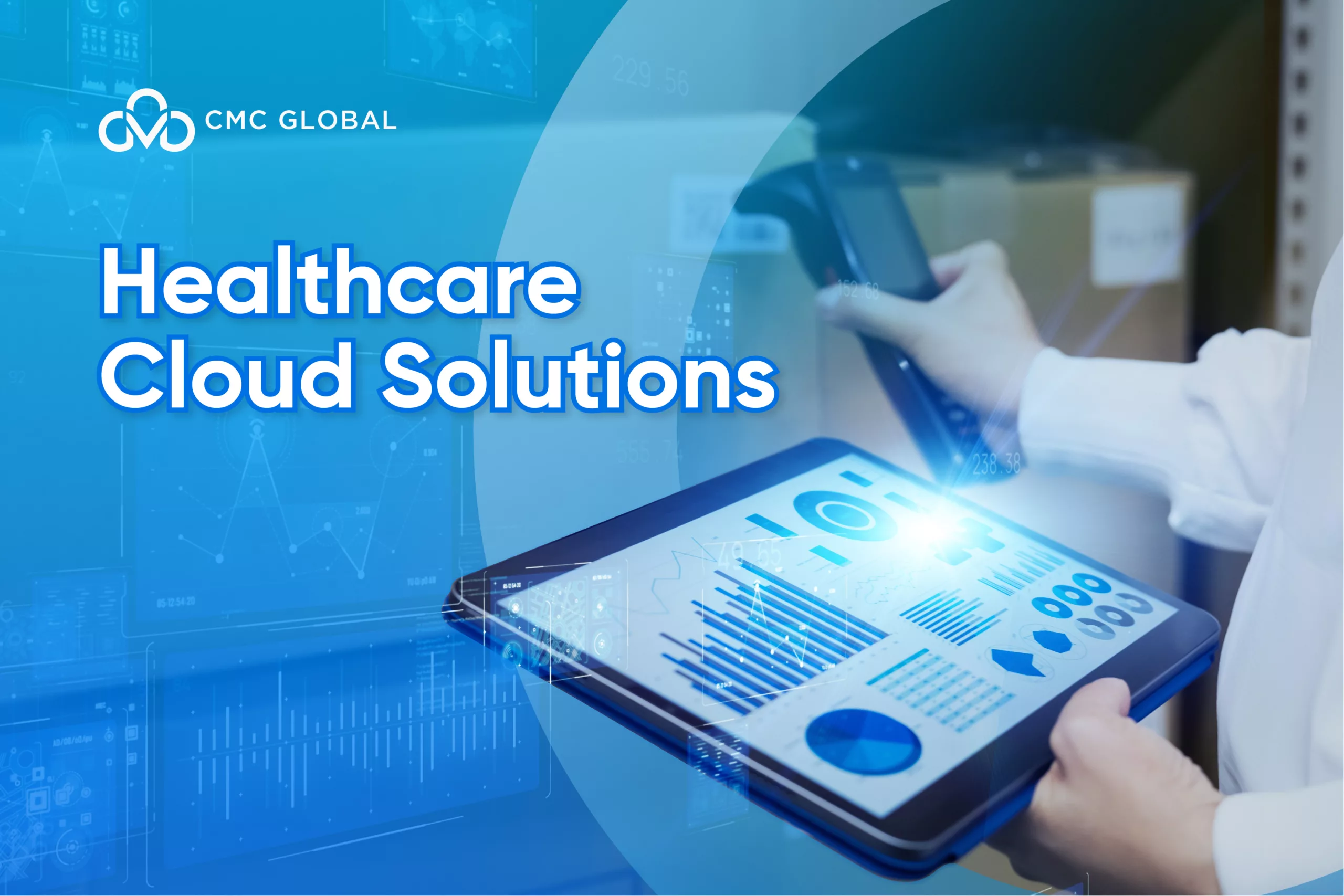The adoption of cloud technology in the healthcare sector is expanding quickly, with global spending expected to surpass $89 billion by the end of 2027. Particularly, Infrastructure as a Service (IaaS), a prevalent cloud computing model for transitioning healthcare infrastructures to the cloud, is experiencing remarkable growth, forecasted to achieve a compound annual growth rate (CAGR) of 32% by 2027.
In practical terms, this indicates that healthcare organizations are increasingly leveraging cloud technology to streamline their operations, enhance patient care, and improve overall efficiency.
Benefits of Cloud Computing in Healthcare
Cloud computing offers a multitude of benefits to the healthcare industry, including:
Accelerated Clinical Analyses and Care Processes: Cloud-based solutions enable healthcare providers to perform clinical analyses and care processes more efficiently. By leveraging powerful computing resources available in the cloud, healthcare organizations can process large volumes of patient data rapidly, leading to quicker diagnoses, treatment decisions, and improved patient outcomes.
Automated Data Processing and Scalability: Cloud computing automates data processing tasks, such as data collection, storage, and analysis, freeing up healthcare professionals to focus on patient care. Additionally, cloud-based systems are inherently scalable, allowing healthcare organizations to expand or reduce their computing resources based on demand without the need for extensive infrastructure investments.
Increased Patient Data Accessibility: Cloud computing enhances patient data accessibility by providing healthcare professionals with secure and real-time access to patient records, test results, and treatment plans from any location with an internet connection. This accessibility promotes collaboration among healthcare teams and enables timely decision-making, ultimately improving patient care and satisfaction.
Reduced Network Equipment and Staff Costs: Cloud computing eliminates the need for healthcare organizations to invest in and maintain costly network infrastructure and equipment. By migrating their IT infrastructure to the cloud, healthcare providers can significantly reduce capital expenditures associated with hardware purchases, upgrades, and maintenance. Moreover, cloud-based solutions require fewer IT staff to manage, further reducing operational costs.
Reduced Risk of Data Loss: Cloud computing mitigates the risk of data loss by providing robust backup and disaster recovery capabilities. Cloud-based data storage solutions replicate data across multiple servers and data centers, ensuring redundancy and resilience against hardware failures, natural disasters, or cyberattacks. Additionally, cloud service providers implement advanced security measures, such as encryption and access controls, to protect sensitive patient information from unauthorized access or breaches.
Read more: Stagnate Or Innovate: A Deep Dive Into Asia Technology Outlook & Strategic Imperatives
8 Examples of Cloud Solutions in Healthcare
Cloud-Based Solutions for Advancing Clinical Development and Research
#1 Microsoft
Microsoft is renowned for developing numerous software applications, lots of which are used in the healthcare sector. When paired with AI and IoT advancements, Azure serves as a cloud-based framework enabling the monitoring of patient data and analytics. Additionally, HoloLens 2, another offering from Microsoft, projects holographic imagery for customers, integrating cloud-stored information. This facilitates healthcare practitioners’ access to patient records and collaborative resources for diagnoses, surgeries, and treatment.
#2 Pfizer
Pfizer, a leading pharmaceutical and biotechnology organization, has embraced cloud offerings in its project since 2016. Recently, it gained attention for its collaboration with BioNTech in developing a COVID-19 vaccine. Moreover, Pfizer has partnered with Amazon Web Services to develop cloud-based solutions aimed at improving and expediting medical trial testing processes, including development, manufacturing, and distribution.
Cloud-Based Solutions for Managing Electronic Health Records
#3 Consensus Cloud Solutions
The products from Consensus Cloud Solutions target healthcare challenges and beautify productiveness leveraging cloud technology to make affected person data and crucial information from paper documents without difficulty handy to companies. Their variety of answers consists of HIPAA-compliant options like jSign for digital signatures and eFax Corporate for cloud-based faxing.
#4 TigerConnect
TigerConnect is a cloud-based software firm offering healthcare practitioners a HIPAA-compliant messaging platform for exchanging messages, patient records, data, and documents securely. It also facilitates collaboration on documents and treatment plans. One feature of the software program is its physician on-call scheduling, which is streamlined through a scheduling system capable of generating a year’s worth of schedules almost instantly.
#5 Allscripts
Allscripts is a cloud-based platform offering a range of health documentation management, patient engagement, and analytics applications and services. In 2020, Microsoft released a five-year extension of their collaboration as the cloud provider for Allscripts’ Sunrise, an electronic health record application. Patty Obermaier, Microsoft’s Vice President of U.S. Health and Life Sciences, stated in a news article that the partnership with Allscripts aims to be a “transformative influence in the healthcare sector”.
Read more: Top 7 Digital Health Trends in APAC in 2024
Cloud-Based Solutions for Patient Experience
#6 EPAM Systems
EPAM provides IT consulting services to the healthcare and life sciences industry, collaborating with clients to integrate technology into their operations. By aligning physical, digital, and data platform products, it delivers technology strategies focused on enhancing the patient experience.
Its expertise includes modernization and cloud migration, and EPAM‘s variety of customer solutions includes developing a cloud-based digital experience platform featuring AI-driven functionalities for data management, physician engagement, and business operations.
#7 Medable
Medable‘s platform, designed to medical standards, enables direct-to-patient healthcare and collaboration by supporting clinical applications and securely storing personal health information for providers and researchers. Moreover, developers can use the platform to enhance or build apps for mobile, tablet, and desktop devices.
#8 Athenahealth
Athenahealth offers a cloud-based platform allowing healthcare providers to oversee patient data analytics, documentation, and services. The platform grants access to patient health records, telemedicine support, revenue cycle management, personalised advertising and marketing applications, and extra functions.
Consider Going Cloud-native?
As an AWS Advanced Tier Services Partner, CMC Global stands at the forefront of cloud innovation, ready to guide organizations through the dynamic realm of AWS Managed Services. With a commitment to excellence and a proven track record, CMC Global offers a suite of comprehensive solutions designed to elevate your cloud experience.
Our team of certified experts brings proficiency in AWS technologies, ensuring a seamless integration of cloud solutions customized to your business needs. From strategic planning to ongoing optimization, CMC Global serves as a trusted companion on your cloud journey.
Contact us for further consultation.




